April 2021: The Month in Review
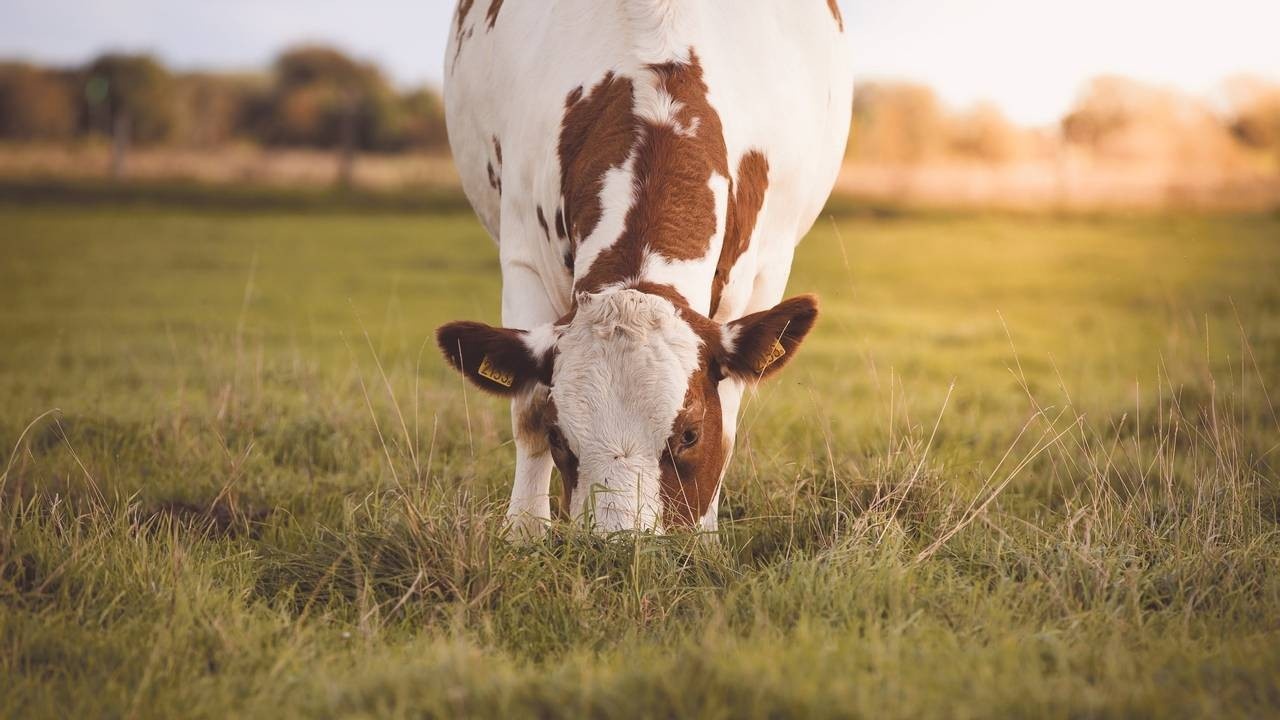
Following the remarkable start to 2021, this April carried on the cellular agriculture field’s momentum into the second quarter. Compared to conventional livestock agriculture, cellular agriculture is the field of producing animal products, like meat, dairy, and fats, directly from cell cultures instead of raising animals for the same products. The field offers an alternative and sustainable way to produce the same animal products to meet the growing global demand for livestock products without requiring animals.
From new global partnerships and historic collaborations to new investments, we break down what happened this April in cellular agriculture.
Investments
Mission Barns
Cell-based fat company Mission Barns announced the company raised $24 million in Series A funding to develop cell-based fats. Based in San Francisco, Mission Barns uses cellular agriculture to produce a range of animal fats from cell cultures, including duck, chicken, pork, and beef fats.
The largest Series A funding round for an American cell-based meat and fat company, Mission Barns’ funding round included a range of investors, such as Lever VC, Gullspang Re:Food, Humboldt Fund, and Green Monday Ventures. Existing investors in Mission Barns’ funding round included Global Founders Capital, Point Nine Capital, Better Ventures, and Cantos Ventures.
 Mission Barn's cell-based bacon
Mission Barn's cell-based bacon
Mission Barns plans to use the new funding round to scale up its cell-based fat technology platform and build a pilot manufacturing plant in the San Francisco Bay Area. The company also plans to expand its team as well. The new funding round brings Mission Barns’ total funding to $28 million.
Moving forward, Mission Barns plans to license its cell-based fat to plant-based meat companies to enhance the taste of plant-based meat products. In December 2020, a survey by Peace of Meat found 58% of plant-based meat companies were likely or very likely to use cultivated meat ingredients, including fat, to improve the taste, texture, and clean labelling of their products. Beyond being an ingredient in plant-based meat hybrids, Mission Barns showcased a cell-based bacon prototype in August 2020.
Interestingly, by removing animals from the production process, Mission Barns is also exploring how their products may be certifiable as kosher. For the world’s Jewish and Muslim populations, it is yet to be determined whether cell-based meats can be labelled as kosher or halal, respectively. It will be important for all actors in the field to fully address this and any other questions or concerns that emerge as more cellular agriculture products enter the market.
Orbillion Bio
Orbillion Bio announced the startup raised $5 million in seed funding. Based in Berkeley, California, Orbillion Bio is a new cellular agriculture startup working to accelerate the speed of cell line development to help scale the cell-based meat industry. Using their unique technology platform, Orbillion Bio ultimately aims to supply cell lines from different heritage breeds that are tasty and more adept to grow in cell cultures.
Orbillion Bio’s funding round concludes a busy couple of months for the company. On March 17th, Orbillion Bio held its first public tasting event in San Francisco. The startup showcased three of its cell-based heritage meats: wagyu beef, wild elk, and sheep. The following week, Orbillion Bio presented at the accelerator Y Combinator’s Demo Day event, becoming the first American cell-based meat startup to go through the program.
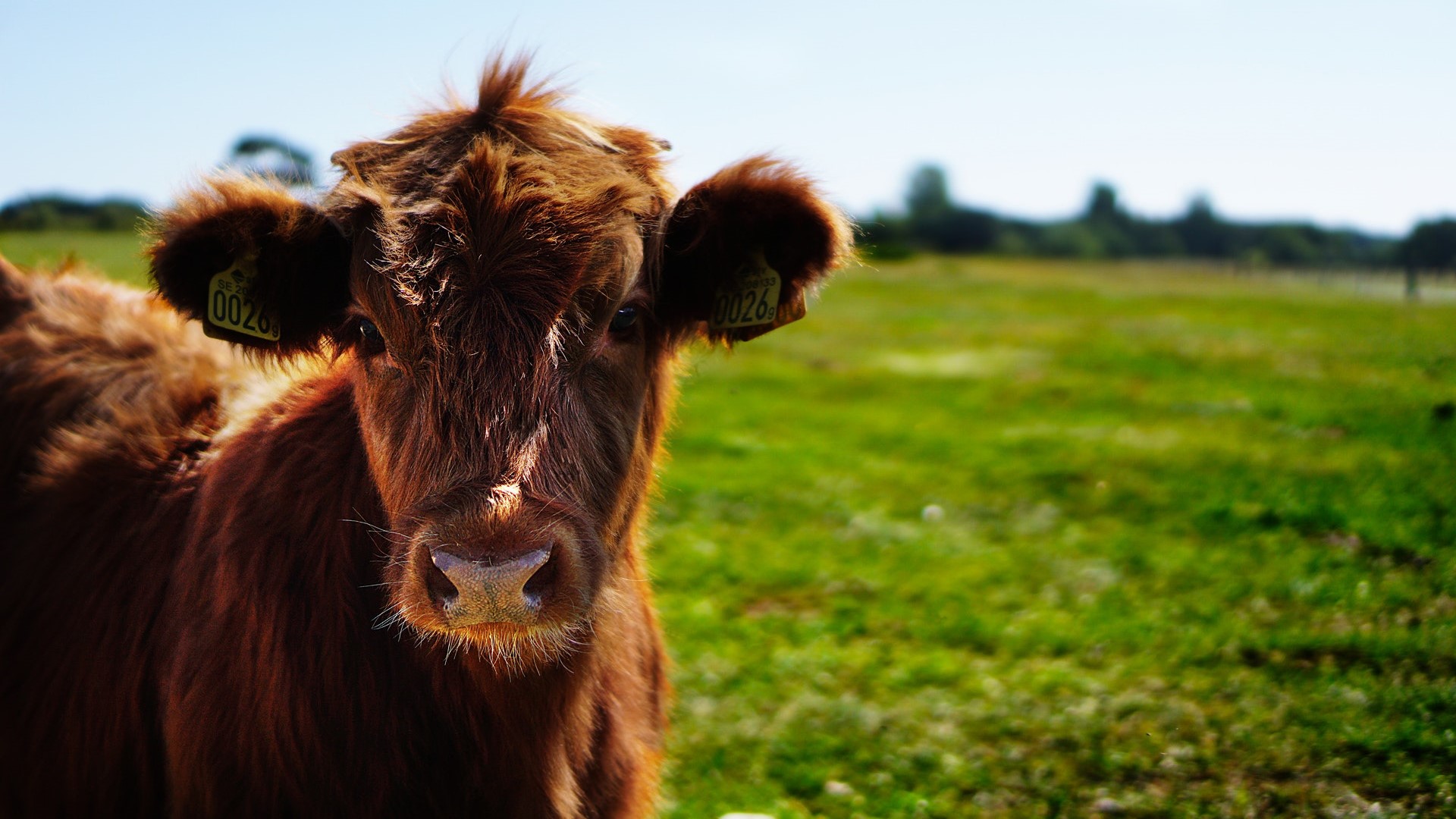
Moving forward, Orbillion Bio aims to continue to further develop its platform and bring its first product, a cell-based wagyu beef. Following Demo Day, Orbillion Bio completed its seed round in just a few days, validating the company’s business model and growing investor interest in the field.
As a major funding round for a company focused on cell line development for the cell-based meat field, Orbillion Bio’s funding round could be a big step forward for the cell-based meat ecosystem. By focusing on a key scaling pain point for cell-based meat, startups like Orbillion Bio are developing a whole ecosystem and supply chain around the future of food with cellular agriculture.
As the field continues to grow, it is likely there will be more funding announcements by startups focusing on a specific aspect of developing a cell-based meat supply chain. In February, both Future Fields and CellulaREvolution announced funding rounds to develop cell culture media formulations and bioreactor technologies, respectively.
Jellatech
Jellatech announced the new startup raised a massive $2 million pre-seed funding round. Founded by Stephanie Michelsen and Kylie van Deinsen-Hesp, Jellatech is the first company to use cellular agriculture to produce cell-based collagen and gelatin. Compared to other startups using microorganisms to produce its protein of interest, Jellatech plans to use animal cells to produce its cell-based collagen and gelatin.
Based in Raleigh, North Carolina, Jellatech’s funding round is the largest pre-seed funding round to date for a cellular agriculture startup. Investors in Jellatech’s funding round include Iron Grey, Bluestein Ventures, Sustainable Food Ventures, and Big Idea Ventures.
 Jellatech cell-based jelly prototype. Captured by Camilo F. Muńoz Segovia
Jellatech cell-based jelly prototype. Captured by Camilo F. Muńoz Segovia
Jellatech plans to use the funding round to further advance development of its cell-based collagena nd gelatin and explore different applications in various industries. Beyond food applications, collagen and gelatin have many functions and are used to make a range of products. From leather and cosmetics to medical applications, Jellatech aims to unlock the full functionality of collagen and gelatin by growing and harvesting the protein directly from animal cells.
With a lot of interest from potential customers, Jellatech plans to start shipping its first samples by the end of April. In November 2020, Jellatech first showcased a small jelly made out of its cell-based marine collagen. In the shape of a jellyfish with a bluish hue, the cell-based gummy appears to be the same size as a gummy bear candy.
Cultured Decadence
Cultured Decadence announced the new startup raised a large $1.6 million pre-seed funding round to develop cell-based lobster meat. Founded by John Pattison and Ian Johnson, Cultured Decadence is the first American startup using cellular agriculture to produce lobster meat.
Based in Madison, Wisconsin, Cultured Decadence’s funding round is the largest pre-seed funding round to date for a cell-based meat and seafood startup. Investors in Cultured Decadence’s funding round include Bluestein Ventures, Joyance Partners, Revolution’s Rise of the Rest Seed Fund, and the GlassWall Syndicate. Other investors in the round include Bascom Ventures, gener8tor, and China-based Dao Foods.
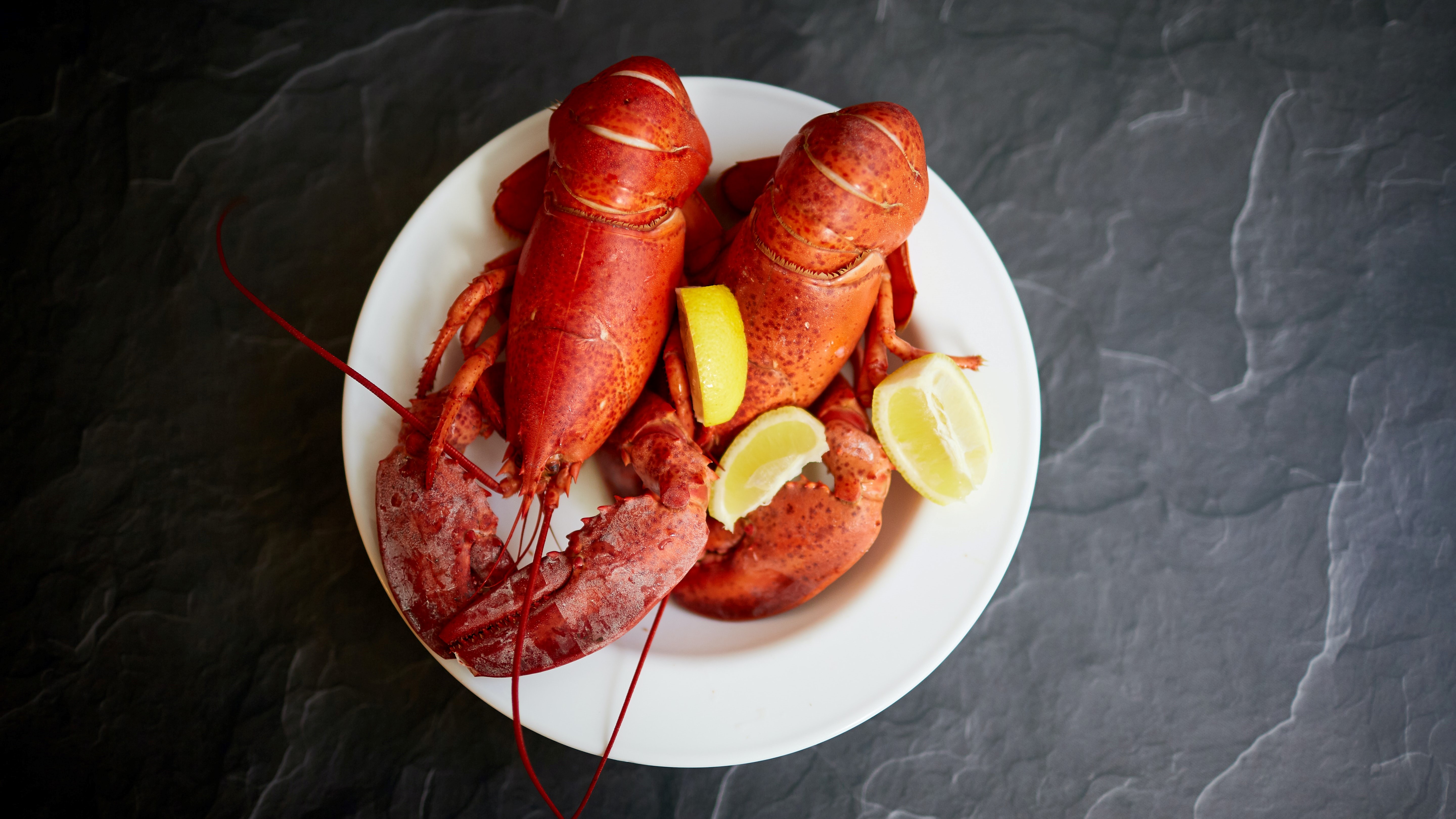
Notably, Cultured Decadence also received non-dilutive funding from the Wisconsin Economic Development Corporation. This marks the first time that a cell-based seafood startup received funding from a state government in the US. In November 2020, pet food company Bond Pets received a grant of $250,000 from the state of Colorado as part of its Advanced Industries Grant Program.
Cultured Decadence plans to use the funding round to continue developing its cell-based lobster by developing its lobster cell lines and reducing the cost of its cell-culture media. The startup also plans to expand its team as it looks to develop a cell-based lobster meat prototype. In November 2020, Singapore-based Shiok Meats showcased the first cell-based lobster prototype.
Interestingly, Cultured Decadence is the first cell-based seafood company based in the Midwest region in Wisconsin. When asked why Wisconsin, co-founder and CEO John Pattison previously shared that the team was attracted by the large pool of talent in the region related to cell-based meat, from biotechnology and meat sciences to food processing. In addition, as the breadbasket of the United States, many food corporations have their headquarters in the region that the team aims to leverage for future partnerships.
Eat Just and Foodpanda Announce Cultured Meat Delivery Partnership
After becoming the first company to receive regulatory approval for the sale of cell-based meat, Eat Just shared its cell-based chicken will be available for home delivery through the Asian delivery giant Foodpanda in Singapore. Calling its brand Good Meat, the cell-based chicken orders will be prepared by Singapore restaurant 1880. From cell-cultured katsu chicken curry and chicken coconut rice to chicken caesar salad, the different dishes will be packaged in bamboo fibre boxes and delivered via e-bikes to keep the delivery process sustainable.
 Eat Just's cell-based chicken nuggets
Eat Just's cell-based chicken nuggets
Good Meat orders from JW Marriott Singapore South Beach will also be available on the Foodpanda platform starting mid May. Eat Just and Foodpanda also plan to announce further collaborations with restaurants in Singapore in the coming months. In March 2021, Eat Just announced the company raised $200 million in funding.
Cell-based Dairy Company Biomilk goes Public
This month, Israeli startup BioMilk (TASE: BMLK) became the first cell-based dairy company to go public and be publicly traded on the Tel Aviv Stock Exchange in Israel. Not to be confused with similarly named Biomilq in the US, Biomilk aims to produce both dairy milk and human breast milk directly from cell cultures. Moving forward, BioMilk aims to produce its first cell-based cow’s milk this year and aim to release its cell-cultured human breast milk in 2022 for testing. The company may also explore going public in the US through a public offering on the Nasdaq stock exchange as a next step.
In March 2021, Israeli company MeaTech 3D became the first cell-based meat company to go public on the Nasdaq stock exchange in the US. Prior to that, the 3D bioprinting company became the first publicly traded cell-based meat company in Israel in 2019 by merging with Israeli company Ophectra Real Estate and Investments Ltd.
Clara Food Partners with AB InBev to Scale Production
Cellular agriculture company Clara Foods announced a new partnership with global beer brewing company AB InBev through its venture and innovation arm ZX Ventures. As part of ZX Ventures’ new BioBrew Division, the new division aims to apply its fermentation technology to precision fermentation (also known as acellular agriculture) applications for food and protein production. Starting with Clara Foods, this is ZX Ventures’ first partnership with a food company.
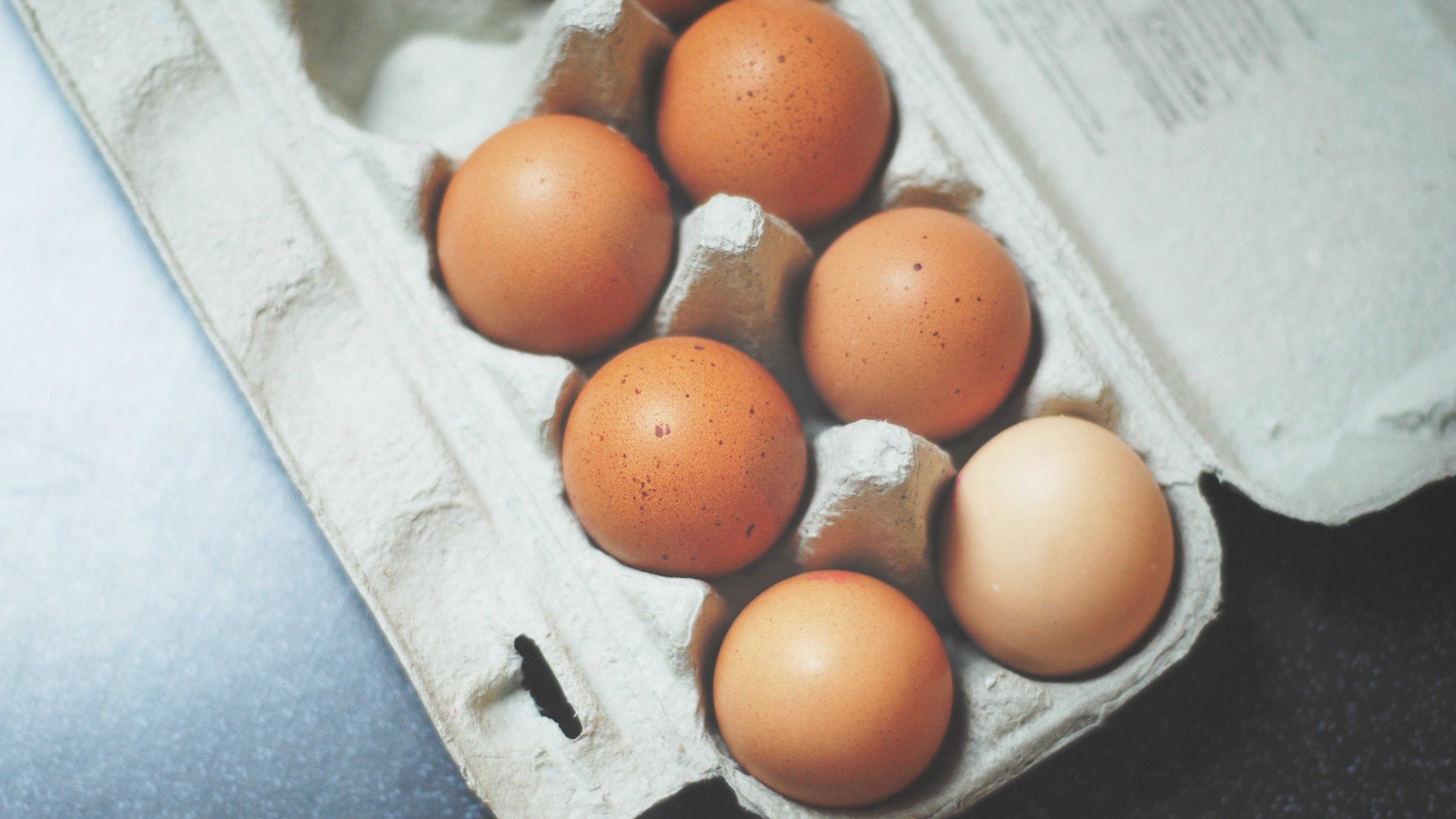
The partnership aims to help Clara Foods scale production of its animal-free egg proteins using AB InBev’s expertise in fermentation at scale. While fermenting protein products is different from brewing beer, AB InBev believes it has mastered the fermentation process and production at scale, which is exactly what companies like Clara Foods is looking for. Through the partnership, BioBrew aims to help Clara Foods develop scaling technology to reach scales similar to those at AB InBev breweries: about 500,000 to 1 million liters.
Considering the challenges in scaling production, it is great to see Clara Foods partner with a company with a long history of improving its own fermentation process to large scales. In March, Clara Foods announced the launch of its first product: an animal-free pepsin protein.
BlueNalu Partners with Mitsubishi and Thai Union
Cell-based seafood company BlueNalu signed Memorandums of Understandings (MOU) with two leading food players in Asia: global seafood producer Thai Union and global business giant Mitsubishi Corporation. According to BlueNalu, both agreements are designed to explore and assess market development strategies for BlueNalu’s cell-cultured seafood in Asia, including consumer insights, assessing regulatory requirements,and exploring business and product opportunities.
 BlueNalu's cell-cultured yellow amberjack prototypes
BlueNalu's cell-cultured yellow amberjack prototypes
Along with the partnership agreements, BlueNalu shared the company is joining the Cellular Agriculture Study Group of the Center for rulemaking Strategies (CRS) at Tama University in Tokyo, a consortium of professionals from academia, industry, and government exploring how to regulate and bring cellular agriculture food products to market in Japan.
As BlueNalu looks to bring its first cell-based seafood product to market, it is promising to see the company continue to partner with leading food players globally. Previously, as part of its Series A funding round, BlueNalu announced a series of partnerships with leading food players to support bringing its cell-based seafood to market.
In addition to the MOU, Thai Union also featured in BlueNalu’s recent funding round in January 2021. At the same time, Mitsubishi’s Food Industry Group signed an MOU with cell-based meat company Aleph Farms to bring cell-based meat to Japan.
Perfect Day Conducts LCA on Animal-Free Dairy Proteins
To highlight the reduced environmental impact of its products, Perfect Day shared the results of its life cycle assessment (LCA) for its animal-free flora-based dairy proteins. According to the results, Perfect Day’s whey protein production process led to 85% to 97% fewer greenhouse gas emissions than conventional dairy protein production. The LCA was conducted by SWP USA and reviewed by a panel of experts in conformance with ISO Standard 14067 on greenhouse gas emissions.
It is important to note that the LCA assumes there is a market for the byproducts of the fermentation process instead of disposing of it. As a result, a mass allocation was applied in the greenhouse emissions between the primary whey protein product and the co-product.
 Perfect Day's dairy proteins can make a range of products
Perfect Day's dairy proteins can make a range of products
The LCA also found that the primary driver of Perfect Day’s greenhouse gas emissions was utilities, which contributed to 40% of total emissions. Following utilities, the protein development phase contributed 25% of total greenhouse gas emissions. Along with the LCA, Perfect Day announced the formation of a Sustainability & Health Advisory Council featuring a wide range of members, including actor Leonardo DiCaprio.
As the cellular agriculture field looks to scale, it will be important for more companies to evaluate the environmental impact of its production process. In March 2021, the Good Food Institute commissioned environmental consultancy CE Delft to conduct a life cycle assessment (LCA) and techno-economic assessment (TEA) of cell-based meat. In the end, if renewable energy is used in the production process, cell-based meat can have a lower environmental footprint compared to conventional meat production by 2030.
Avant Meats to Set Up Facility in Singapore
Hong Kong-based Avant Meats shared its plans to build its R&D laboratory and pilot production plant in Singapore to produce its cell-based seafood. Avant Meat’s plans will be supported by the Singapore Economic Development Board as part of its mission to support sustainable food production in the country.
Following the first regulatory approval for cell-based meat, a pilot plant in Singapore will help Avant Meat speed up its commercialization plans. According to Avant Meats, the Singapore base will support its existing operations in the Greater China region. In December 2020, Avant Meats raised $3.1 million in seed funding to accelerate its research and development in producing cell-based seafood.
TurtleTree Labs Launches R&D HQ in California
Cell-based dairy company TurtleTree Labs announced the company launched a R&D headquarters in Davis, California. According to TurtleTree co-founder and CEO Fengru Lin, the new R&D headquarter recognizes North America as the largest global market in the alternative protein industry and Davis as a leader in bovine and human milk research. TurtleTree Labs will use the new R&D facility to work closely with commercial partners in North America and co-develop, test, and commercialize early prototypes.
In January 2021, the company announced the launch of spinoff company TurtleTree Scientific to produce growth factors for cellular agriculture companies. Since then, the company launched partnerships with Dyadic and JSBiosciences to develop growth factors and cell culture media, respectively.
Legendairy Foods rebrands to Formo
Berlin-based cellular agriculture dairy company announced the company rebranded from Legendairy Foods to Formo as the company looks to bring its first product to market. Founded by Raffael Wohlgensinger and Britta Winterberg, Formo is the first European cellular agriculture company to focus on dairy products.
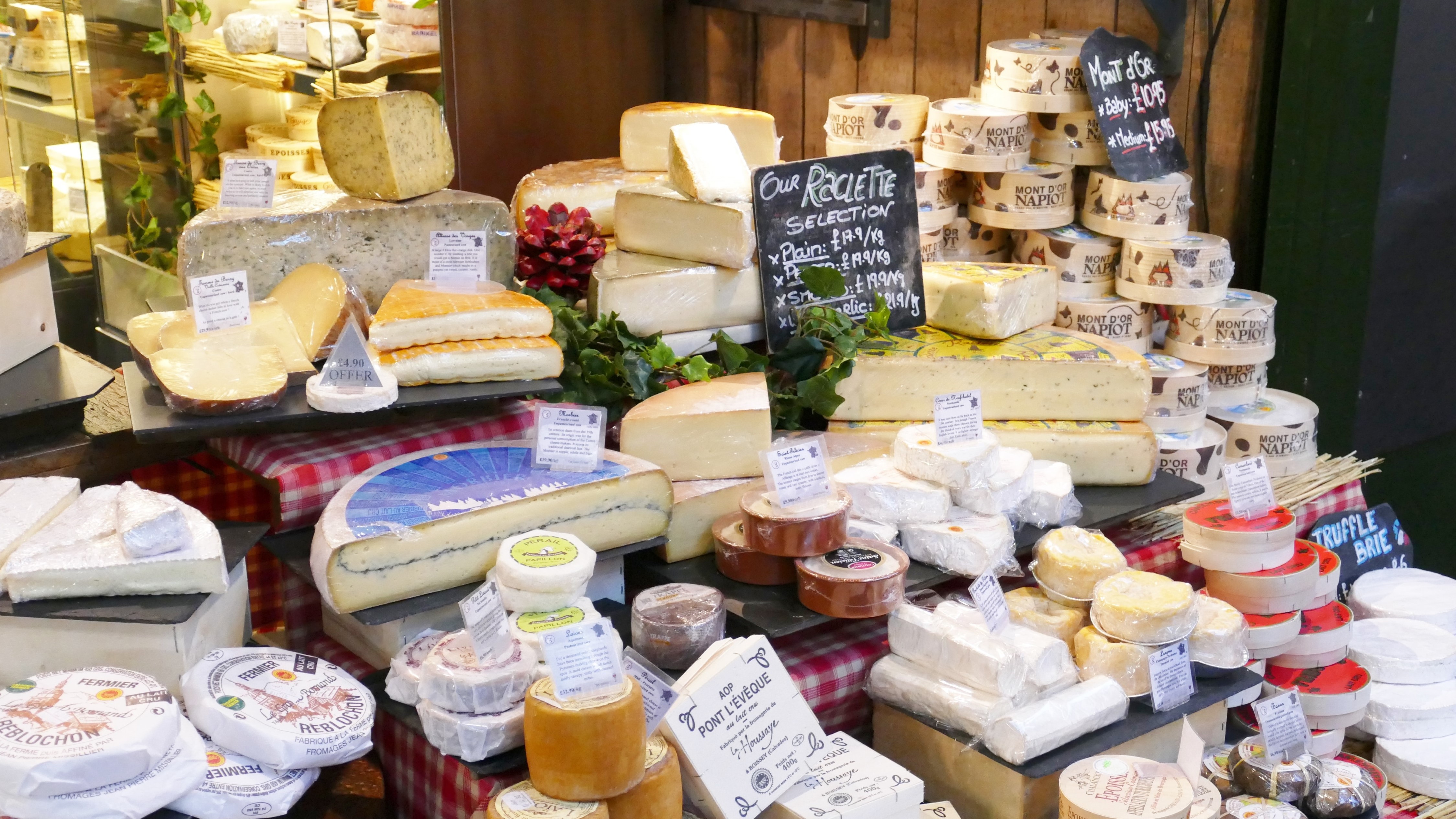
Formo aims to first develop European specialty cheeses such as ricotta and aged cheeses. The company aims to unveil its first product this year and launch in 2023. In December 2019, the company raised €4 million (US $4.7 million) in seed funding.
Modern Meadow Raises Funding for Cell-Cultured Leather
Biomaterial company Modern Meadow announced the company raised a massive $130 million Series C funding round to produce animal-free leather from cell cultures. Producing its bioleather directly from cell cultures, Modern Meadow believes it is now ready to come to market and will announce a coalition of fashion brands and industry partners in the next six to nine months. The company also announced co-founder Andras Forgacs stepped down as CEO and was succeeded by Anna Bakst, a fashion industry veteran who chairs Modern Meadow’s board. Forgacs will stay on as a board member.
In the Future Food World

Aerofarm
Vertical farming company Aerofarms announced it will go public through a merger with a special purpose acquisition company (SPAC) in the second quarter of 2021. According to the deal, Aerofarm can raise up to $357 in gross proceeds and will go public on the Nasdaq exchange under the symbol ARFM. With the promises of sustainability and technical bottlenecks to address, there are many lessons that the cellular agriculture field can learn from vertical farming companies in terms of scaling. How has vertical farming advanced in the last 10 years, and how can cellular agriculture startups learn from them?
Endless West
Molecular spirits, anyone? Endless West announced the company raised $21 million in Series B funding to produce alcoholic beverages by replicating its molecular structures. By doing so, Endless West has created a range of spirits, including whiskey, moscato, and sake. According to the company its whiskey-based Glyph uses 94% less land and 92% less agricultural land than traditional whiskey. In addition, the Glyph spirit would not need to mature in barrels as long as traditional whiskey takes to develop the same taste and product.
Impossible Foods
After raising massive funding rounds in 2020, plant-based meat company Impossible Foods is reportedly preparing to go public through either an IPO or through a merger with a special purpose acquisition company in the next year. In May 2019, Beyond Meat became the first public offering from the wave of companies making alternatives to conventional animal meats. With a valuation of up to $10 billion, Impossible Foods would be valued higher than Beyond Meat. Along with Oatly’s upcoming public offering, 2021 could be a big year for alt protein companies going public.
Vivera Acquisition
In 2019, Vivera made headlines by becoming one of the first companies to sell its conventional meat business to focus on the growing opportunities in the plant-based meat business. Two years later, Brazilian meat company JBS is now acquiring the company for a massive EUR 341 million. The world’s largest meat packer, the acquisition by JBS signals the growing global demand and interest for alternative proteins like plant-based meats. Plant-based today, cell-based meat tomorrow?
Conclusion
From new investments and partnerships to historic meal deliveries, the cellular agriculture field had a strong end to April. From Eat Just’s partnership with Foodpanda in Singapore to Avant Meats’ plan to set up a facility there, Singapore is continuing to be a key location in the future of food sector.
Interestingly, at the end of April, SpoonTech published an article exploring the idea of moving to Singapore to experience the latest in foodtech innovation. According to the article, “if you want to experience the future of food today, Singapore is the place to be.”
From funding opportunities to forward-looking regulatory frameworks, Singapore has become a leader in the future of food field and likely the first site of Asian expansion for many future food companies.

While it is easy to say that Singapore would always become a hub for the future of food, including cell-based meat, it was never guaranteed. When I was in Singapore in 2019, the first steps were underway, but there was still a way to go.
It had to take both proactive initiatives from the Singaporean government and interest from companies setting up on the island nation to be their Asian hub to make the vision viable.
Two years later, following the first commercial launch of cell-based meat in December 2020, many more cellular agriculture companies have shared an interest in launching their first product in the country.
Singapore’s sovereign wealth fund, Temasek Holdings, has also invested in many companies leading the future of food, including Memphis Meats, Eat Just, Perfect Day, and Impossible Foods.
From vision to reality, Singapore’s journey to becoming a foodtech hub for cellular agriculture and the wider future food sector is a lesson many places can learn from. For the Future of Food.
Stay connected with CellAgri
Join our mailing list to receive the latest news and updates weekly from the cellular agriculture industry. Your information will not be shared.



